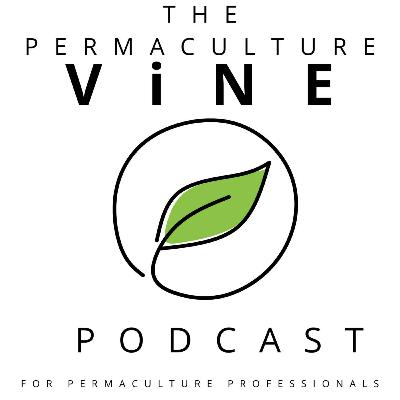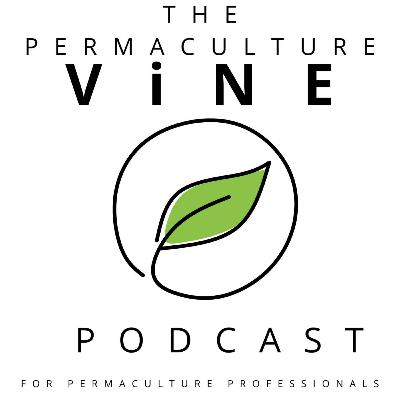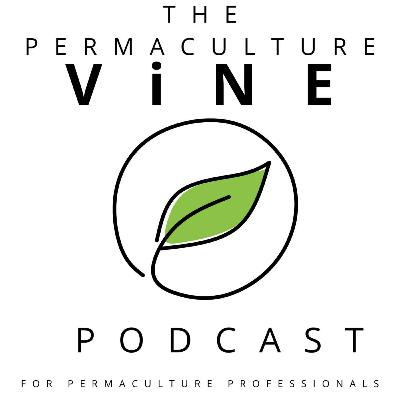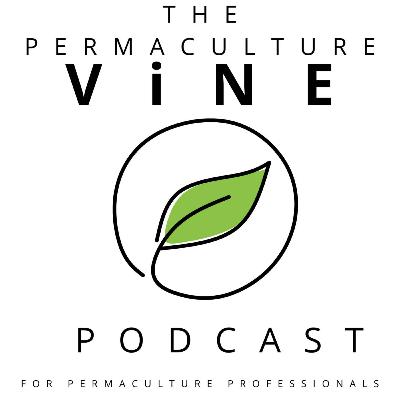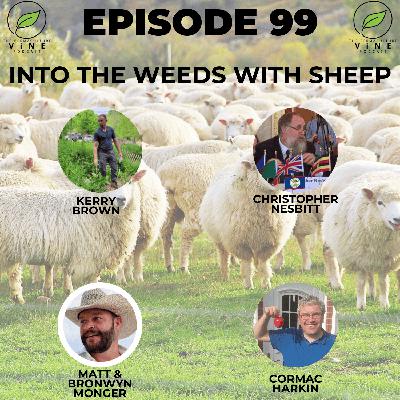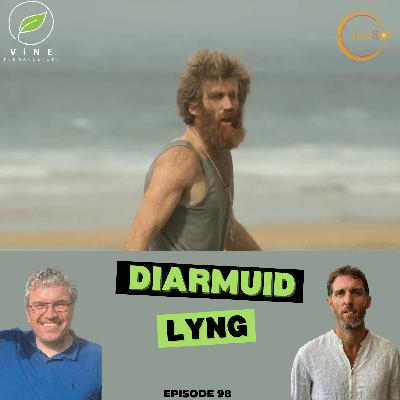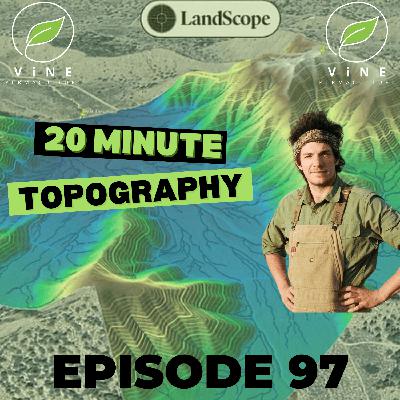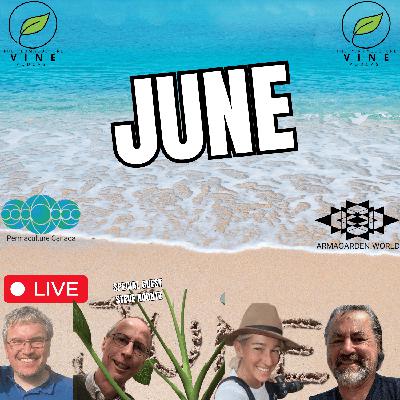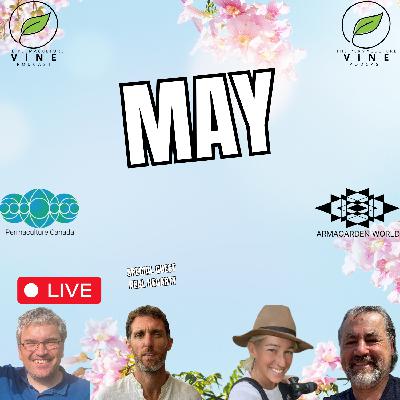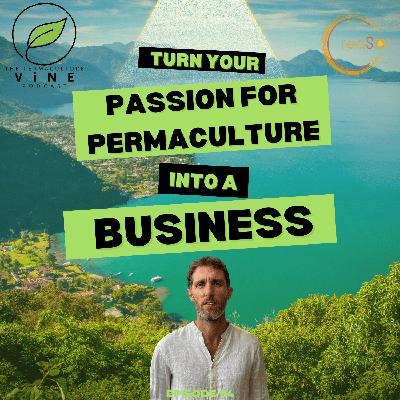102. Designing to Reality
Description
Join our free Skool community for connection and learning: https://www.skool.com/vine-permaculture-7207/about
In this episode, Cormac sits down with Dave Spicer to explore his journey through permaculture, earthworks, and design. From his early experiences training with Bill Mollison and Geoff Lawton to years of practical work on farms and landscapes, Dave shares hard-won lessons on water, access, surveying, and the realities of broadacre design.
This conversation has insights for beginner and professional designers alike — from starting small with “baby steps, baby mistakes” to scaling up into large-scale projects that truly shape the land.
Key Points from the Conversation:
* Journey into Permaculture: Dave discovered permaculture after leaving school early. He was inspired by Bill Mollison's "Global Gardener" video and took a PDC with Mollison in Tasmania in 1999. He then gained practical experience working with Geoff Lawton at Tagari Farm.
* Philosophy and Approach:
* Start Small: He emphasizes "baby steps, baby mistakes," advocating for people to begin with small projects like a home garden to learn through observation and interaction.
* Design to Reality: His design philosophy focuses on simplicity and practicality. He prioritizes creating a "basic mainframe" cantered on Water, Access, and Structure Position. He argues this creates the "skeleton" of the design, upon which the rest evolves.
* Water is Fundamental: The primary element of any design must be water harvesting and retention. He stresses observing where water comes from (e.g., roads as catchments) and how to slow it, sink it, and store it in the landscape.
* Access is Interaction: A major theme is that "good access is good interaction." If a site is difficult to access, people won't interact with it, observe it, or learn from it. This is why he now prefers terraces over swales on large scales, as they provide better access for people, animals, and machinery.
* Observation is Key: The most important skill for a designer is developed through patient observation of one's own site.
* Advice for New Designers:
* Begin with small-scale projects and make mistakes there.
* Focus on water first in any design.
* To move into larger-scale/broadacre design, learn surveying (e.g., using a laser level). Understanding how to map contours on the actual land is crucial because maps are often inaccurate.
* If doing earthworks, find and learn from an experienced machine operator.
* Broader Views:
* He promotes the "lifeboat" concept: creating resilient, productive systems (food, water, trees) around homes for sanity, real food, and demonstration purposes. He connects this to practices like Japanese "forest bathing," highlighting the mental and physical health benefits of engaging with nature.
* Action and Demonstration: The most powerful tool is action—demonstrating what works on your own land is more effective than just talking about it.
What resonated most with you from this episode? Drop a comment below!
Where to Find Dave:
* Website: www.docspice.life
* Instagram: @docspice_permaculture
* Tiktok: https://www.tiktok.com/@docspice_permaculture?lang=en
Chapters00:00 – Introduction02:00 – How Dave discovered permaculture04:20 – Training with Bill Mollison & Geoff Lawton07:00 – From PDC to practical experience10:15 – Building confidence as a designer13:20 – Why water is the foundation of good design18:00 – Moving from urban to broadacre projects22:00 – Swales vs. terraces & lessons from earthworks30:00 – Designing to reality, not just pretty pictures36:00 – Surveying, mapping & reading the land44:30 – Learning resources & next steps52:00 – Final thoughts & advice for new designers
Get full access to Cormac Harkin at cormacharkin.substack.com/subscribe

